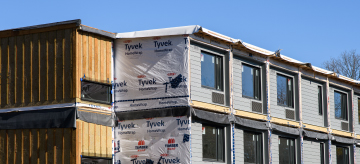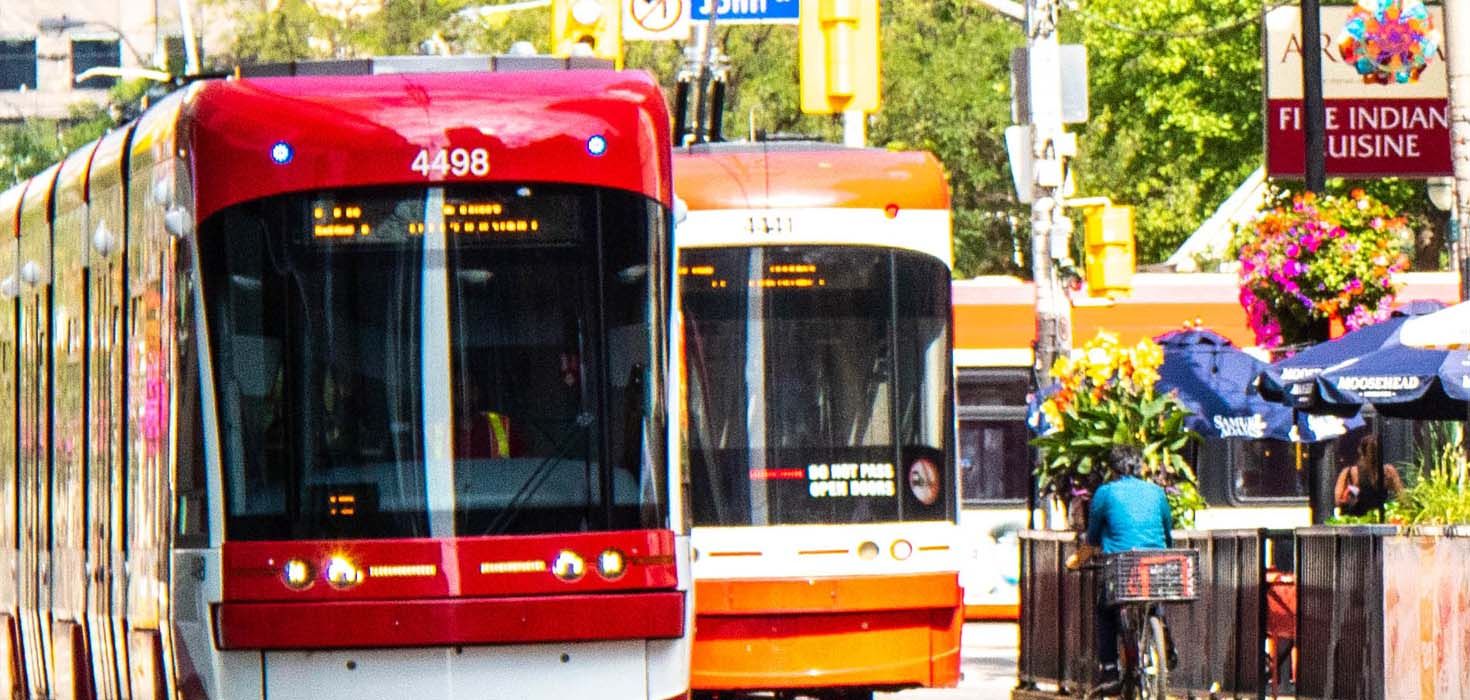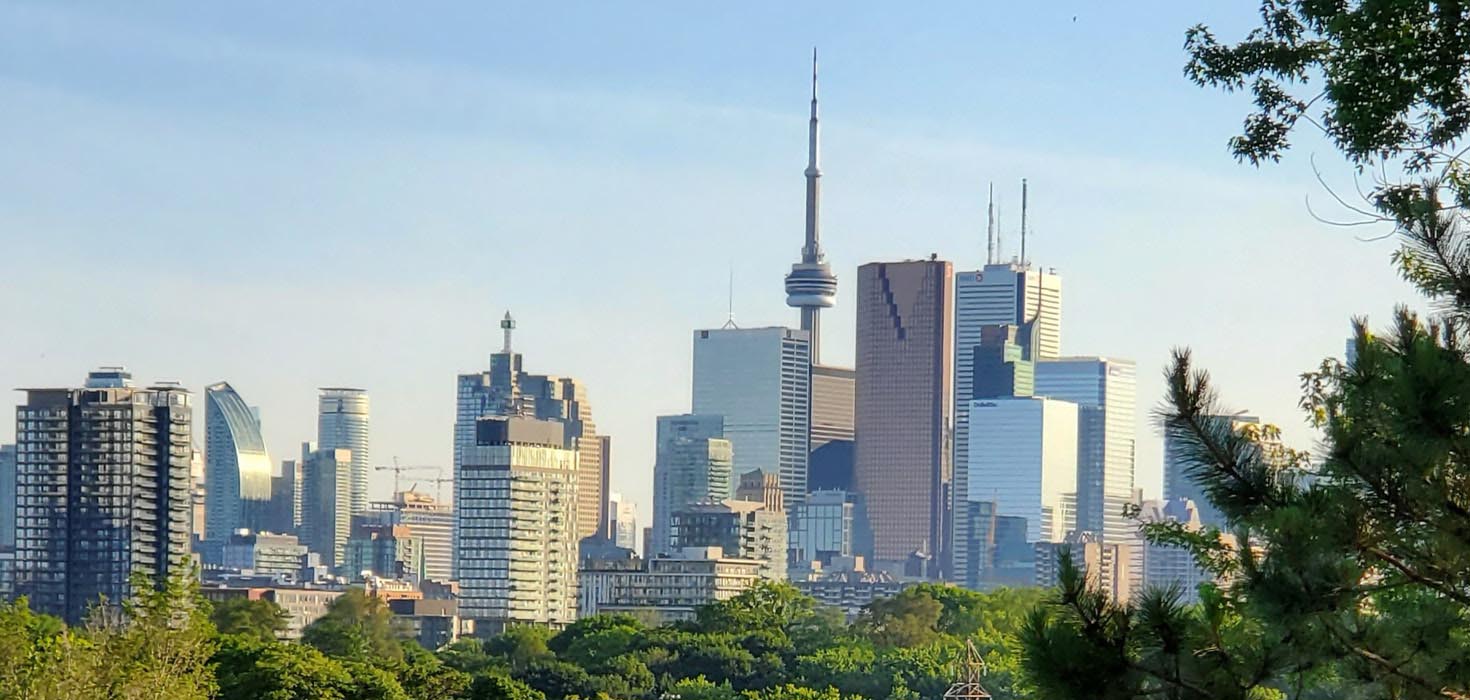Leading into the municipal election, the Toronto Region Board of Trade is calling for incoming councils to Hit Go on five key solutions to drive growth and competitiveness across the region.This week we partner with MaRS Discovery District to focus on supporting local technology.
Suppose a neighbour opens an independent restaurant, filling an unmet need with an innovative menu. If customers had to issue a complicated request for procurement (RFP) for every meal and then prioritize the lowest bidder, this restaurant would soon go out of business, taking valuable jobs with it.
This is the situation in public procurement, except that the stakes are much higher, because governments have tougher challenges than what to have for lunch.
Canadian tech start-ups are our independents. These ventures are bringing innovative new solutions to market, attempting to fix big, intractable problems like health care and climate change. They aren’t likely to underbid big multinationals for contracts and they often lack the track record or experience to win prescriptive, bureaucratic government RFPs, which often spool out over multiple installations requiring dozens of references. Start-ups give us transformational solutions, not business as usual. We need to find ways to buy from them.
Make no mistake: Our start-ups are recognized around the world for those transformational solutions. Take the cleantech sector, where Canadian companies form 13 per cent of this year’s Global Cleantech 100 — companies that are trying to help us meet emissions targets by monitoring CO2, sequestering carbon, storing renewable energy, and making utilities more efficient. They are part of a vital ecosystem of companies leading the country in job creation and economic growth. In Toronto, tech jobs have quietly become an indispensable economic pillar — between 2016 and 2021, our tech labour pool saw the highest growth of any city in North America.
This growth drives employment, tax revenues, public service capacity and many spin-off benefits, such as the creation of new export markets that bring prosperity to our region. But the venture-capital funding that fuels it all has been put at risk in the recent downturn. Procuring from Canadian start-ups is a way to bolster this pillar while accelerating solutions for those big, intractable problems.
But according to Innovation Economy Council research on 259 high-growth cleantech start-ups, federal procurement represented just $11.6 million of their revenue between 2009 and 2020. These are companies that brought in an estimated $329 million in revenue in 2019 alone.
A similar story plays out across all levels of government.
Municipalities spend billions of dollars in procurement each year and can play a key role in improving the efficiency and quality of public services while supporting the growth and development of local small and medium enterprises and start-ups. Yet the toughest markets for our top innovators to crack are right here at home.
Of course, local governments face many imperatives in their decision-making, from budgets to free-trade rules, and public procurement isn’t a free lunch. But it also shouldn’t always be about the cheapest lunch possible.
There are many ways to cut red tape and waste. Indeed, some innovation-friendly governments are already stepping up, treating start-ups as trusted development partners rather than cut-throat vendors.
Both the City of Toronto and the City of Mississauga have implemented procurement policies designed to achieve strategic social, economic and workforce development goals, and there are promising discussions across the region to collaborate on shared problems.
Another strong sign is a recent decision by Toronto to pilot single-source procurement greater than $500,000 from certain Canadian cleantech companies. These companies were previously vetted by the MaRS Discovery District under its Mission from MaRS: Climate Impact Challenge, an open national competition that used a rigorous selection process to choose 10 companies and help them attain long-term impact.
These are all steps in the right direction, but it’s time for municipal councils to turbo-charge their support for local innovation. For Canada and its tech start-ups, the value add is disproportional. These local innovators offer solutions that can future-proof government services and solutions. One contract can tailor a technology solution for local conditions, making public services more efficient, while providing a local start-up with the kind of capital infusion and validation it needs to grow and thrive globally.
Public procurement needs to become more agile to speed up transformational change, but also to support our vibrant communities.
Jan De Silva is president and CEO of the Toronto Region Board of Trade. Yung Wu is CEO of MaRS Discovery District.



